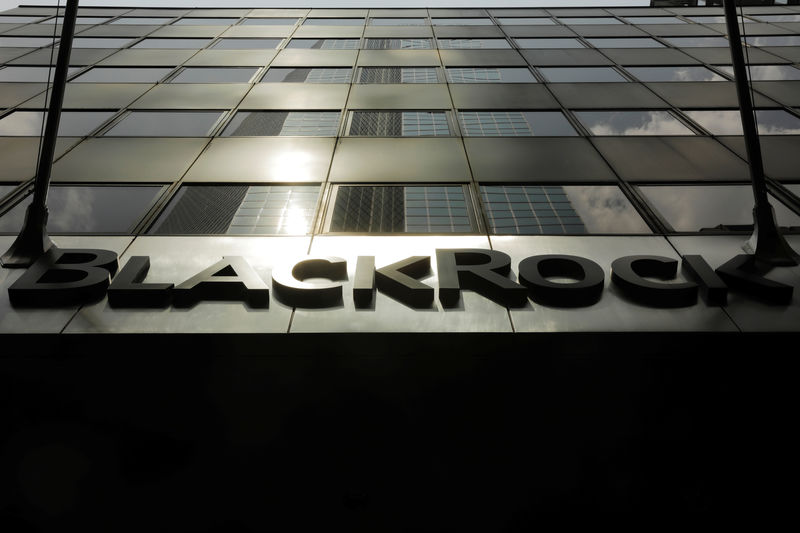Tonix Pharmaceuticals stock halted ahead of FDA approval news
Investing.com -- Larry Fink, CEO of BlackRock (NYSE:BLK), the world’s largest asset manager, has warned investors of a resurgence in protectionism. This warning comes just days before U.S. President Donald Trump is expected to introduce a new round of tariffs, further impacting the global economy.
In his annual letter to shareholders, Fink noted that a significant number of people are being left behind in economies where wealth accumulation is skewed towards the rich, leading to increased hardship for others. He stated, "Capitalism did work — just for too few people." He attributed this economic divide to the recent surge in protectionist policies, although he did not specifically mention President Trump in his 10,000-word letter.
President Trump is set to reveal a substantial tariff plan on Wednesday, which he has named "Liberation Day." The U.S. President has already imposed tariffs on aluminum, steel, and autos, in addition to raising tariffs on all goods imported from China.
Fink expressed that almost every client, leader, and individual he has interacted with recently has displayed heightened anxiety about the economy, more so than at any other point in recent memory. Despite this, he emphasized that markets tend to perform well in the long run.
The BlackRock CEO proposed that the solution to these issues lies in further democratizing markets. This could be achieved by enabling more consumers to access potentially higher returns in private markets such as infrastructure and private credit. BlackRock has recently made significant expansions into these investment areas as part of its business diversification strategy.
BlackRock, which rose to prominence largely due to the success of its low-cost passive index-tracking funds, made several acquisitions last year. These include infrastructure specialist Global Infrastructure Partners, private credit provider HPS, and private data firm Preqin.
Unlike publicly-traded stocks and bonds, private assets are typically not listed, traded less frequently, and their pricing can be less transparent. This poses potential risks for retail investors.
This article was generated with the support of AI and reviewed by an editor. For more information see our T&C.
